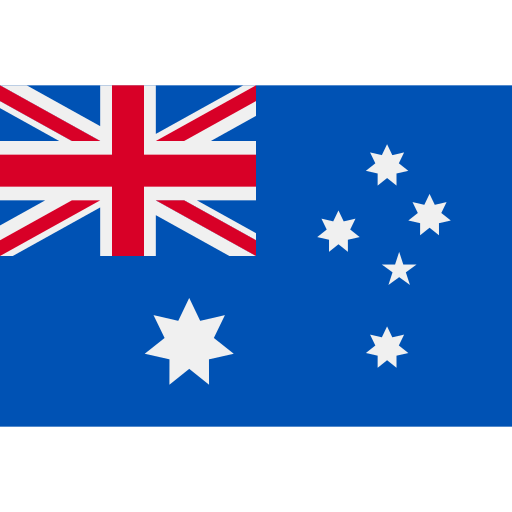Will winning a confidence vote be enough to save Humza Yousaf? – BBC News
[ad_1]
Scotland’s First Minister, Humza Yousaf, is spending the weekend fighting for his political life.
The SNP leader is expected to make a series of policy announcements in the coming days as he tries to shore up support.
BBC News has been told he will set out plans to create jobs, tackle climate change and improve public services.
Mr Yousaf could face two no-confidence votes next week – one in himself, the other in his government.
Mr Yousaf said he was determined to focus on “the priorities of the people.”
The first minister has previously faced criticism from within his own party about the impact on the SNP and the country of the Greens’ approach to economic and social policy.
Mr Yousaf knows that, and his attempt to regain control of a narrative in danger of spiralling away from him began on Friday in Dundee.
He was due to have been in Glasgow, making a speech about “the labour market in an independent Scotland.”
Instead Mr Yousaf was striding around a building site, trying to look purposeful in a hard hat and high-visibility vest.
Image source, Getty Images
“You ask the people about housing and it’s one of the top issues that comes up on the doorstep,” the first minister told me.
Right now though, it is not people on the doorstep he needs to convince. It is opposition politicians in the Scottish Parliament.
There are 63 Scottish National Party MSPs at Holyrood. There are 65 opposition MSPs.
If every opposition member voted against Mr Yousaf in a personal vote of confidence he would lose and, while not legally bound to resign, the political pressure to do so would be immense.
If Mr Yousaf could persuade any or all of the seven-strong Green cohort to change their minds about opposing him, he might survive.
Image source, Getty Images
Another option is for him to win the support of Ash Regan, his former SNP leadership rival, who jumped ship to Alex Salmond’s Alba Party in October.
Ms Regan has been setting out the price for her support – and it has been rising.
At first she called for competent government, a renewed focus on independence, and action to protect “the dignity, safety and rights of women and children,” a reference to the gender debate which lies at the heart of many of Mr Yousaf’s troubles.
Then, Ms Regan added to the list, action to preserve the future of the Grangemouth refinery on the Firth of Forth.
Mr Yousaf is writing to the Holyrood leaders of all the parties, offering meetings to discuss how “to make minority government work.”
‘Professional courtesy’
Speaking to BBC News, Ms Regan appeared to hint that that would not be enough.
She also revealed that she not had a single conversation with Mr Yousaf since he defeated her in the leadership contest last spring.
Ms Regan said: “Some of the things he said about me when I left to go to a different political party last year probably shows that it’s always wise to have that sort of level of professional courtesy to people that you work with.”
Mr Yousaf had described his erstwhile rival’s departure from the SNP as “not a particularly great loss.”
Speaking to BBC Radio Scotland, the Central Scotland Green MSP Gillian Mackay defended the power-sharing deal which was originally struck under Nicola Sturgeon in 2021.
“What the first minister is essentially saying to us is ‘you’re dumped, but can we still be friends?'” she said.
“I’m actually quite upset,” said Ms Mackay, apparently in tears, adding: “We don’t want to be in this position, but it’s the first minister that’s put us here.”
From Mr Yousaf, there was a glimpse of something close to regret about all that emotion, when he told me he empathised with the Green co-leaders Patrick Harvie and Lorna Slater whom he had ejected from his government, costing them their ministerial jobs.
He had not “meant to upset them,” he told me, adding that he understood why they were so angry.
Would his letter to them contain an apology?
‘Electoral hell’
Either way, back channels between the SNP and opposition parties are already open.
The wheeling and dealing is under way.
After the Bute House agreement collapsed, he described it as “a Faustian pact which would have delivered us to the gates of electoral hell.”
How does he win over the likes of Mr Ewing, Ms Regan, and the former SNP finance secretary Kate Forbes whom he only narrowly defeated to become leader, while also reaching out to the left wing of his party, and to the Greens?
To put it more bluntly: after a week of turmoil, how can he survive for long even if he narrowly wins a confidence vote?
The answer, according to another senior source close to Mr Yousaf, is brutal — “he can’t.”
[ad_2]
Read More:Will winning a confidence vote be enough to save Humza Yousaf? – BBC News

 Canada
Canada Japan
Japan Germany
Germany Australia
Australia United States
United States United Kingdom
United Kingdom China
China France
France Ukraine
Ukraine Russia
Russia Turkey
Turkey
Comments are closed.